There is no need to compose an introduction for an interview with Andreas Tauer of Tauer Parfums. Andy Tauer is an artist, a friendly person in social media, a multi-talented man, a nature-lover, and – most valued – a perfumer who works with precision of Swiss watchmakers. These are mandatory ingredients to be Andy!
The below interview is made back in 2019 for my ex-blog Pierre de Nishapur. I moved the interview to this website cause there are so many precious things Andy discusses.
This interview is made by emails in form of questions and answers one by one. I greatly appreciate Andy’s patient for answering each question.
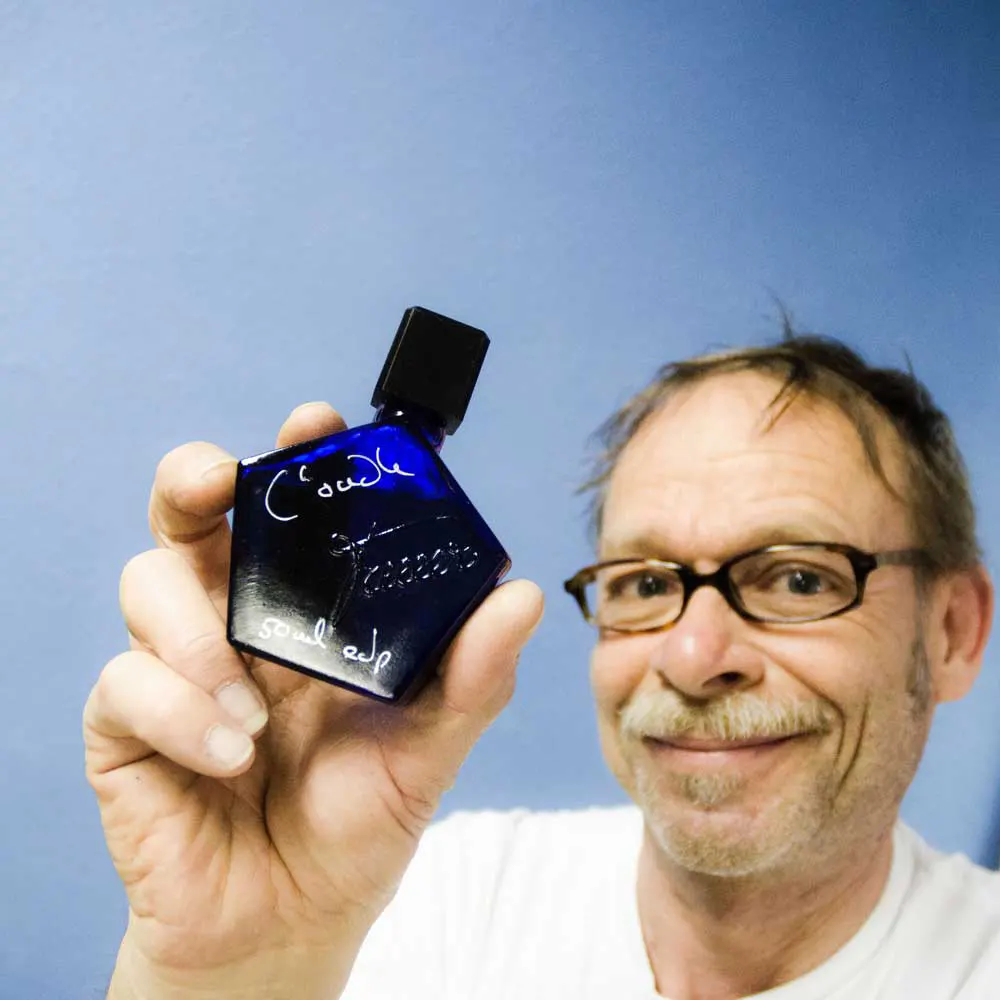
1. Let’s begin the interview with a classic question. Who is Andy Tauer? How have you become interested in perfume and perfumery?
It is simple to answer. I bought, without knowing much details about what’s inside the book, a book by Mandy Aftel, ESSENCE AND ALCHEMY.
Mandy is very, very experienced in natural perfumery and knows a lot about its history. The book is about naturals, and how to make perfume and more.
So, I got the book and started buying raw materials and made first simple creations. Later, I added synthetics and became a bit more professional in my approach, reading more and learning. But in the end: it was Mandy’s book that ignited my interest in how to make perfumes.
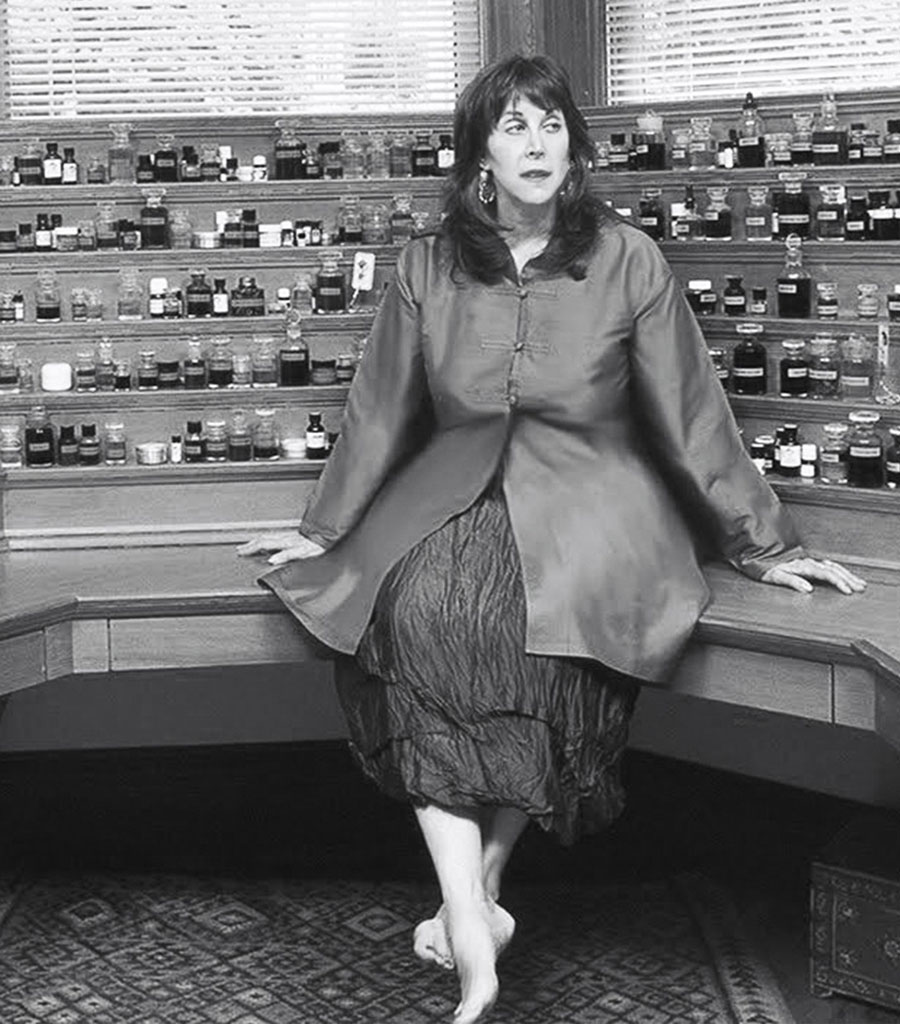
2. You hold a PhD in Chemistry. How did academic background help you to find your path in perfumery?
I hold a PhD in Chemistry, from the ETH Zurich. But I was actually working on a molecular biology theme for 5 years, dealing with bacteria, proteins, DNA.
The academic background is completely irrelevant when it comes to perfumery. Except, maybe, for the fact that I learned during my studies to work in a focused way, with some patience, how to organize myself and how to run projects.
You know: creating perfumes is not about chemistry. It is a creative process that builds on experience in composing and on experience in one’s life.
Imagine a visual artist with a background in chemistry, holding a PhD maybe: the chemistry will not help him painting, although the chemistry helps to understand the color and the polymerization happening when using oil colors…..
Now, having said that: there were two, three situations where my PhD helped me. When I started and needed to buy alcohol, for instance. I talked to the Swiss authorities and was granted a license swiftly when they learned that I got a PhD in chemistry
Finally: about finding my path in perfumery… you know: I never searched my path, thus I could not find it. I basically just started walking, playing with scents, and ended up in perfumery land without really searching my way there. Do you understand what I mean?
3. Certainly. I also draw and paint sometimes and I get better results when I do it freely. You prefer to be spontaneous and not searching your path.
It displays in your works clearly, for example Noontide Petals or renown 02 LADDM. You learned the art of perfumery yourself. What do you think has been an advantage or drawback about this?
To be honest: your interpretation is not entirely correct. When I create I often have an idea of where I want to end in the end. There is room for spontaneity, though. You are right there.
About the main question: being self-trained has advantages and comes with disadvantages. The drawback is the fact that it might take you longer and that you repeat mistakes that others have done before you and that you could avoid by learning some tricks in school.
However, then: I am convinced that we learned the most by failing or failures. Therefore, this drawback in the end might have some positive aspects, too.
When I started playing with raw materials I initially only used naturals; essential oils, absolutes, resins, and no single molecule isolates. Later, I added synthetics to the game. Learning perfumery myself with naturals first helped me tremendously, adding synthetics later allowed me to move on. I am not sure whether I could have gone this path in a perfumery school.
I get a lot of questions, from people who want to learn perfumery. I do not provide them with insights. I learned it myself, therefore, if they really want it, they can do it themselves, too. And today, there is a lot of information on the web. Sometimes, I tell them that by asking for help they are losing their path.
Some of them want to learn perfumery because they want to build a brand, as soon as possible and make money, as soon and as much as possible. To these I usually say: forget it!
When I started engaging with fragrant raw materials and playing with scents more than 15 years ago: I had no idea where it would bring me and I did not want to build a brand or anything like it.
I think that is the best starting point for creative success. Money might be a good driving force to build a business but it might not be helpful when trying to find the perfect form of a fragrance…
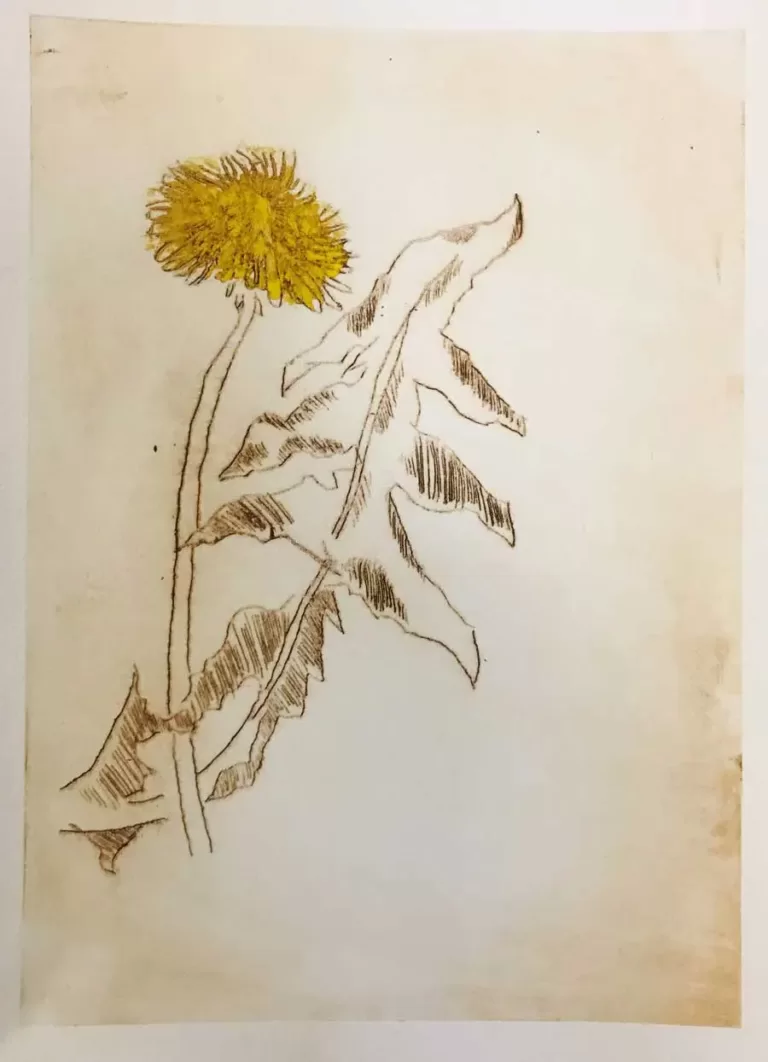
4. You brought the interview to a good point; communication with your customers and fans. You’re a friendly person and a popular portrait in perfume world.
You’re intact in your blog, your Instagram and Facebook account and also in-touch with people in every event you’re invited. What role does this connection with fans play in your career?
When I started my venture, about 13, 14 years ago, there was no iPhone, Facebook was just on the horizon and the whole concept of social media did not exist, yet.
Yes, I started a blog 2005 and talked very regularly there. These days, I do not use my blog regularly anymore. Communication channels changed and blogging became a bit obsolete.
Anyhow. 13 years ago I talked to perfume lovers and tried to provide them with an insight of what I am doing and how I run a very small artisanal perfumery business. Back then, there were not that many blogs. Therefore, people listened more carefully and the communication was more intense and thorough on both sides.
Today, we have the social media and communication with people got completely different. Depending on the platform: the message is different.
Overall I would say: although today there is more talking, the direct communication on the social between me and my client base has become less important. The media is the message. And, as nice as it is to share pictures, there is not much communication happening on Instagram.
In that sense: yes, communication with perfume lovers was very important, through and relevant 10 years ago. Today, it is still relevant, but more entertaining than informing.
I also feel that many perfume lovers get tired of the social media these days. Especially Facebook feels quite dead to me.
Coming back to your question. I feel very connected to my clients. Traveling and meeting perfume lovers at events: it is the fun part of what I am doing. I am constantly meeting people who love perfume. Many of them love my perfumes. This is nice!
I am also connected through email, of course. There, like everywhere else, my resources are limited. There is only so much time to answer emails and messages. And sometimes – I do not like it – I simply cannot answer all of the messages that I am getting. But, I hope, that my fans will understand.
I lost clients when I went from old to new because they could not connect to the new flacon. Some thought that the perfumes were not the same. Even if I could prove…no way! The perfume for some clients was changed and it did not smell the same anymore. This is what we can learn from it: perfume perception depends on perfume , of course, but also of many other aspects, like packaging, naming etc….
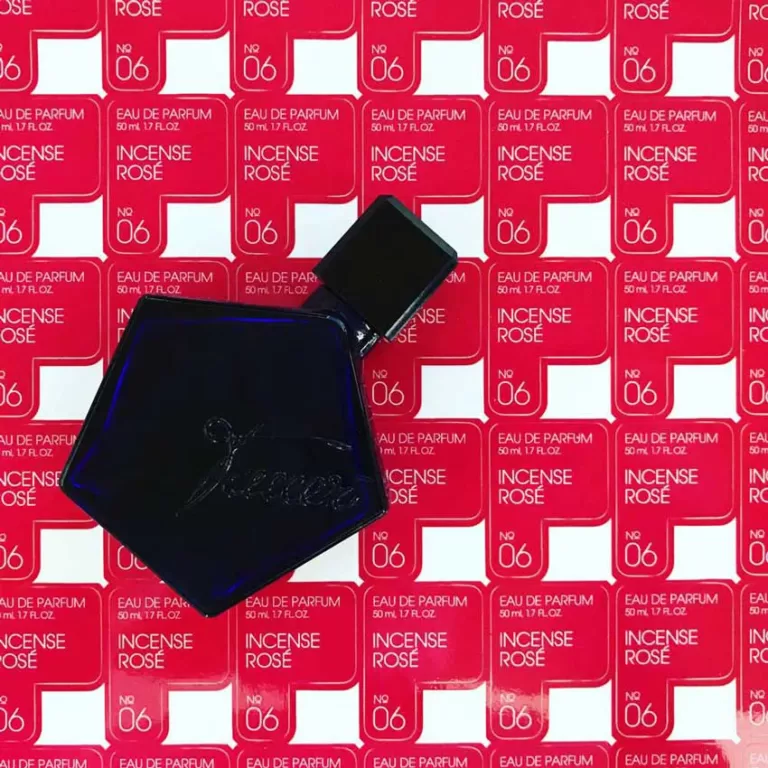
The pentagonal flacon that I have right now: it is unique on the market. There is nothing like it (I protected the silhouette of the flacon internationally). And that’s exactly what I wanted: a flacon that represents visually the qualities of what’s inside, the perfume. I wanted that perfume lovers see my bottles immediately when they scroll through offerings online or when they enter a perfumery. I wanted them to feel that what they get if they get a Tauer is beyond the ordinary.
Getting a new flacon is one thing: getting new packaging and caps and labels and all is another thing. Overall: it was quite a challenge for years. We had to change a couple of things that did not work, like the caps, or the packaging in its first version (a pentagonal metal box that was too expensive, too complicated to handle and too voluminous….)
And, to be honest, we had to switch suppliers a couple of times because some producers were not reliable and some did not produce the quality that we were used to.
And, in brackets: I get questions from people who want to start their own perfume brand about my suppliers. I do not answer them. This is part of my knowledge and network that is valuable and that I do not share….
So, finally, the short answer to your question is: I wanted to have an unique flacon.
What I did not know was that a pentagonal flacon is actually very complicated to produce. These days, I have three moulds with three producers… Ah well: we are all learning, aren’t we?
6. I heard that you’re a fan of Art Deco and vintage fragrances. Your perfumes register for some hints from past but they’re so Tauer. I mean not completely modern nor completely classics. They follow a specific style, yet let me ask do you take inspiration from creations of past?
Thank you for this compliment. To be very honest with you: creations of today are to a very, very large extend just repetitions of what has been done before and that were proven to work.
Even if I try very, very hard, I cannot get inspired by most of the scents that I find these days in the market. But some creations of the past find my interest and for sure influenced me. You know: I find that -like in the visual arts- studying the masters of the past and their style and their creations is important. It is also fun to smell vintage fragrances like Coty’s Chypre or an older Chanel No5 and to experience them.
Some classics (like Shalimar) are on the market for almost 100 years. And although they were reformulated, they are still beautiful. Of course, the Bergamot essential oil that we are using today in perfumery does not compare to what the masters 90 years ago could use.
Regulations and restrictions killed part of the beauty. In that sense, we all have to move on and should not try to copy, for instance, Shalimar. But we can find inspiration there. At least , I do.
7. You talked about past and glory of classics. Is there a perfume you wish you would have created?
Yes, and no… There are perfumes that I truly love, from the past, like Knize Ten and I would love to have created this particular fragrance. It would make me proud if I created it.
I love it for its boldness and the smart way how the intense leather notes are blended into iris and orange blossom notes softening the leather and accentuating the crispiness of the citrus flower. Having said that: there is a time for anything.
I am 80 or 100 years too late for Knize Ten. (the fragrance was created, if I am right, in the 20ies). Meaning: I cannot seriously say that I want to have created this fragrance. This would translate looking backwards into the past and that is not my style. I prefer to look forward, actually. And in that sense, I think it is better if I ask myself: what perfume do I want to create next? And how can I make it better than what I have come up with so far?
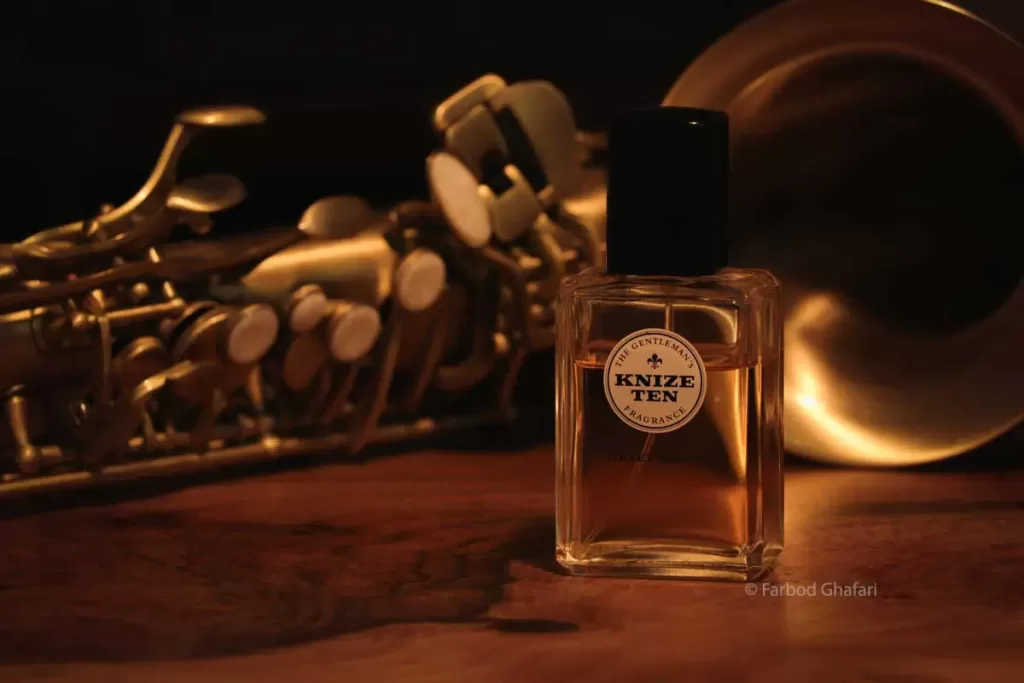
8. Every year come out many new fragrances, sold with huge aid of ads and marketing policies. However, not all are lucky to survive and see next year’s exhibitions. How do you promote your fragrances in such crowded market?
This question comes at the perfect time, dear! I am on my way back home from the fragrance fair “Pitti Fragranze” in Florence. One of the major shows for “niche” – whatever niche might mean these days.
There, too: I had many discussions with perfume store owners, clients, distributors about what is happening in the industry and about the uncounted new launches and the decreasing quality (unfortunately also in “niche”). So, yes: the number of launches every year in mass market (the stuff that you find in department stores), designers, pseudo niche (like Malle, by Kilian etc) and niche, artisanal, indie is constantly increasing. Most perfumes that enter the market will not survive more than a year or 2, 3 years. And, to be honest, it is a good thing: otherwise, there would not be any space left… Now, having said that: I am a small brand and my means to promote my offerings are very limited.
I am mostly depending on the word of mouth, perfume lovers sharing their discoveries and their love. And many do which is nice. Of course, there is a big confusion these days: I often see my flacons next to a mass market bottle and perfume lovers compare the two. It is not ok. You cannot expect the same ingredients, the same quality, the comparable formulations in niche and mass market.
The demands of mass markets are totally different. A perfume for the mass market cannot contain a lot of naturals because of price and reproducibility issues. Contrary to what we are told….So, “niche”, artisanal, selective perfumery is different to mass market perfumery and the two should not be compared. Both have their qualities and aesthetics but it feels a bit like comparing banana and pineapple.
Anyhow: I rely to a large extend on perfume lovers discovering my offering because they are curious and heard good things. I try to talk about what I do, share on the social media, do events, sometimes even pay on Facebook making sure that perfume lovers at least know that I am out there

9. You have a restricted policy of distribution of your fragrances, for which, your perfumes sell in gray market in some regions; Iran or Turkey, to give a name. Why is that?
Thank you. That’s actually a very good question. Why restrict yourself and your brand and the sales that you could achieve by going in distribution in some regions? First, I think it is important to clarify what distribution actually means. OK?
Distribution means that you work with a third party, the distributor, who buys the product from you for a country or a region. The distributor sells the goods to the retailers, the stores, in the region. The distributor controls the marketing and communication in the region and it is responsible for pushing the brand into the stores and the products onto the shelves. The distributor gets a margin for that. The number that is usually discussed when dealing with distributors is the COEFFICIENT.
The coefficient means: at what price is the product sold by the producer (me) to a distributor, compared to the retail price in the region. A coefficient of 5, for instance means that I get for every bottle of L’Air du Désert Marocain sold in a distribution market (sold at 119 Euro) 23.8 Euro. With this, I have to cover all production costs, overhead, insurance, losses etc. and make a profit that allows me to pay me a salary. I tell you this because these days a lot of distributors got very greedy and want higher coefficients: I say “no thank you!” there. (I am strong. So, I can say no….)
And they want all the brands that they can get. Because: if they can’t sell the products in the distribution region, they can sell it on the grey discount channels. You see this for many brands these days: they come back at discount levels to Europe, for instance.
So, you see: I only work in very selective markets with distributors. If you see me starting in Iran insha ‘allah one fine day in a distribution model: I will only do so because I 100% trust the distributor. And because I am 100% certain that the distributor takes good care of my brand and provides the customer service that compares to mine and fulfills my expectations.
The coefficient is relevant, but even more important is the service provided to store owners and perfume lovers. That my brand and my offering is in good hands: that’s my first goal when I start working with a distributor.
Therefore, I am very, very selective. And I think that there is time for me, the brand and my offering. Not everything needs to be available everywhere all the time.

10. I see you love your creation like your own children and I guess you love them in equal, but let me ask if you introduce your brand with only one perfume which creation would it be?
02 LADDM , L’Air du Désert Marocain. I have no choice.
11. Hahahaha, why you have no choice?
Why L’Air du Désert Marocain? I have many very loyal clients who only wear L’Air du Désert Marocain. I cannot disappoint them. Many, many would get very, very angry.
12. Few years ago you started a side-line, Tauerville. Where the idea came from?
Tauerville. Hmmm… Where the idea came from? Good question. It is already a while since I started Tauerville. If I remember properly I came up with this fragrance, called Rose Flash.
I had the idea to create this super yummy gourmand rose and the formula was basically finished after the first trial. I only changed the concentration of one ingredient.
That was a first for me: I tend to work much longer on fragrances. Anyhow. Somehow, I was not sure about the scent and somehow, I had the impression that it does not fit into the Tauer Perfumes line. Thus, I did a test. I filled a limited number of rollerball flacons with this fragrance, Rose Flash, offered them on tauerperfumes.com and sold out soon. Then I knew one thing: there is a market.
However, I was still convinced that the perfume should not be part of my standard Tauer Perfumes offering. I decided to offer this and other perfumes that I wanted to create in a separate line, called Tauerville.com.
There, I also wanted to use the opportunity and play around a bit with marketing tools, such as paid ads on Facebook or engaging with the community through different picture worlds that I did not use so far for Tauer Perfumes. All things that I considered a touch too risky for tauerperfumes.com In a certain way: I built myself a playground in tauerville.com. I liked that a lot!
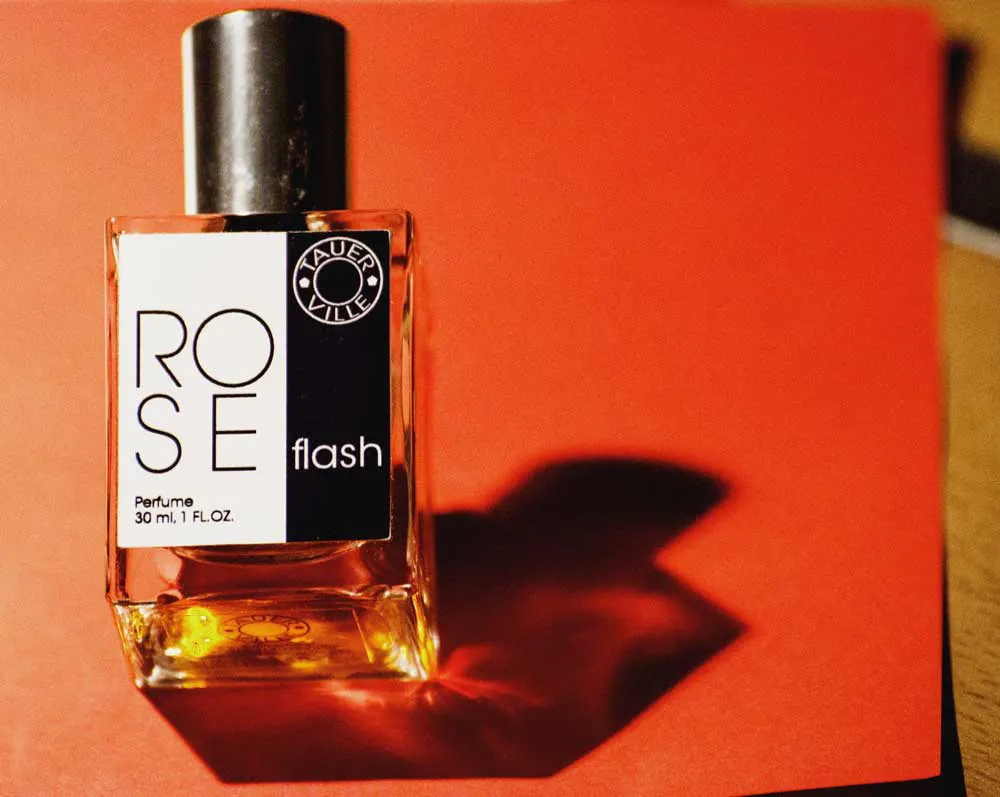
13. You mentioned your fans. From your audience’s point of view Andy is a perfumer, a painter and a passionate nature-lover. Arts and nature are strong motivation forces of inspiration. Does your talent in painting or your love for nature pair your creativity in perfumery? Do you pair them?
Thank you for another good question. It is good, because it made me think how an audience sees me. I will have to give a talk in a couple of days and our conversation here will help me. So, you mentioned that “From your audience’s point of view Andy is a perfumer, a painter and a passionate nature-lover.” I sometimes think that I am an entertainer, too. But let’s talk about this later…..
Yes, the love for nature and perfumery pair very well. I do not pair them actively, though. This happens by itself. I think that nature in all its aspects is a very strong driving force, for many creative fields, not only perfumery. When I say “nature” then I mean more than just lovely flowers in spring or gorgeous sunsets in autumn like we see them these days in Zurich.
Nature has many aspects that are utterly disturbing. The finiteness of all living things. Mortality: a strong driving force for all of us. In nature, we – human beings – are prey. We built a world for us that takes us out of the equation of who eats whom, most of the time. Thus, nature can be many things and the pairing with perfumery goes beyond colorful flowers.
I find it funny that you mention my painting. For me: this is just a hobby. I am not totally serious there. (although, I have to admit: I got a bit ambitious) But still it is just a hobby! But I guess you are right. In the social media, where it is part of my job to entertain an audience and where I love to share part of my life (do not ask me why: I just love sharing) my paintings are indeed present. I share them because I love to get input (sometimes I get critical comments too which is perfectly fine!)
Does the painting and the perfumery pair? Yes, and no. Yes, in the sense of: when I am painting or drawing, I am in a state of mind that is like a meditation. I am using the creative side of my brain, my right side (I am right handed, thus my right hand is controlled by my brain’s left side) Engaging the right side of the brain is important for all creative processes.
Thus, my perfumery thinking for sure takes advantage of me training my brain’s right side. And “no” in the sense that I do not think about perfumes in the context of painting or drawing. I do not think of fragrant raw materials when I am mixing my colors on a palette. I do not smell scents when I see colors.
14. As a self-made perfumer many of your fans may have this question in mind that what has been your biggest challenge you faced in your career? Most frustrating of the craft of perfume making, and what do you enjoy the most about your job?
The challenges change. I would not really call the last 13 years a career, though. More a “happening”. These days, the biggest challenge is to keep up with the communication on all channels. I get messages from clients on Instagram, Facebook, email, text message. And these days, to be honest, I cannot answer them all. So, I make a selection and think about getting a chat bot
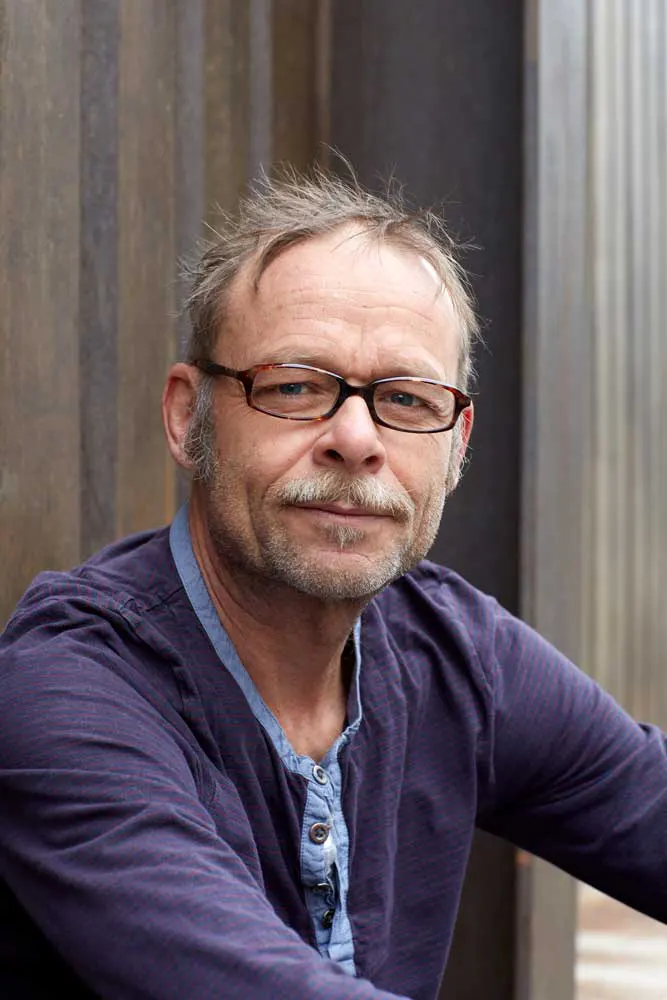
Seriously: online communication is tricky these days.
But maybe your readers are more interested in creative challenges, like: dealing with restrictions of the European Union. These restrictions are stupid, of course, and -says a Swiss guy, with Switzerland not being part of the club – quite typical for the EU and the Commission approach: good intention to address an issue but the result is a bureaucratic monster.
The restrictions on the use, for instance, of oakmoss extract is a challenge as there is no substitute that would come close to the real thing. These restrictions and also the scarcity of some raw materials in good quality, especially naturals (also because of climate change) keeps the creator and the business guy busy. But I look at them also as a creative game; finding a way to reach a comparable result.
Another challenge: staying calm in a world where there is too much bullshit said and written all over the places. The internet is full of nothingness and wrong ideas about perfumes and brands. It is not my role to educate or correct them, but staying cool when somebody says that there are less perfumers than astronauts, for instance, is not easy.
Having said that: I wished people would understand a bit better how long -sometimes- it takes to come up with a perfume (creation). These days, there are a lot of perfume making events happening. People get the idea that it is simple and easy to come up with a new scent. It is easy to come up with just a fragrance, but to create a perfume that is truly beautiful: not easy, to say the least.
What I enjoy most about my job: I can do it in BIG freedom. I just came home for instance from a drawing class. I can attend it because I am free to decide when and how long and how intense I am working. Of course, I work much more than the average worker here in Switzerland. But I set the frame. That’s nice.
I have many questions to follow up but let’s give the articles an end here with last question. How do you describe Tauer Parfums in three words? Do you use the same words to describe Tauverville line?
Three words is difficult. Especially, if they should make sense. Let me use my claim and answer like this: IMMERSIVE PERFUME SCULPTURES. I would not describe Tauerville like that. For Tauerville I have: TRUST YOUR NOSE.
Thank you Andy and thank you all for reading this interview.




